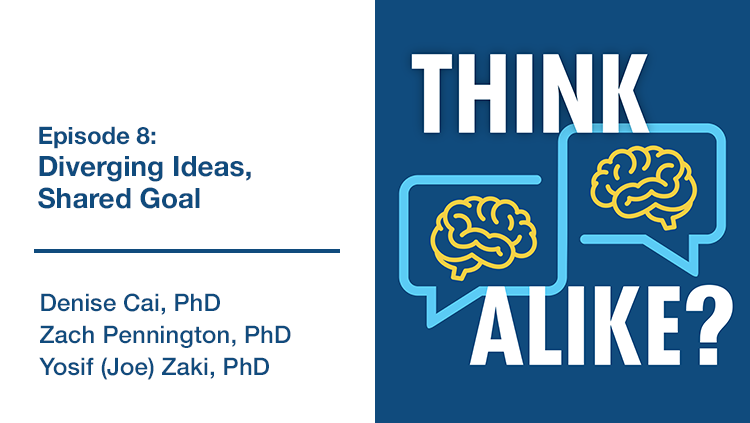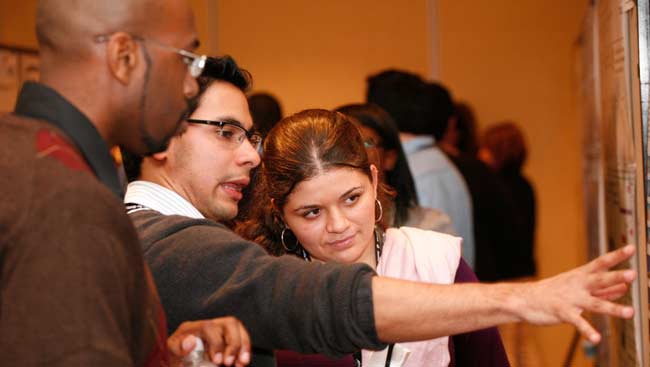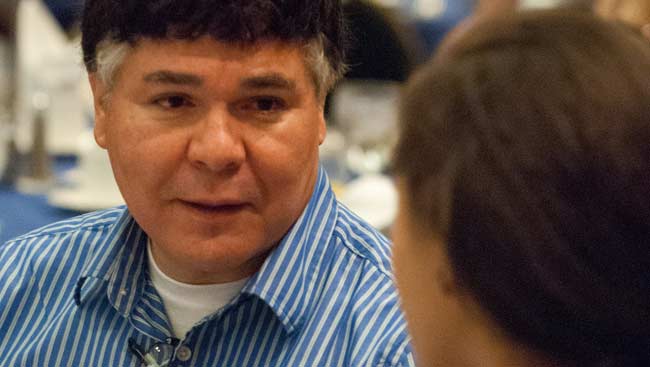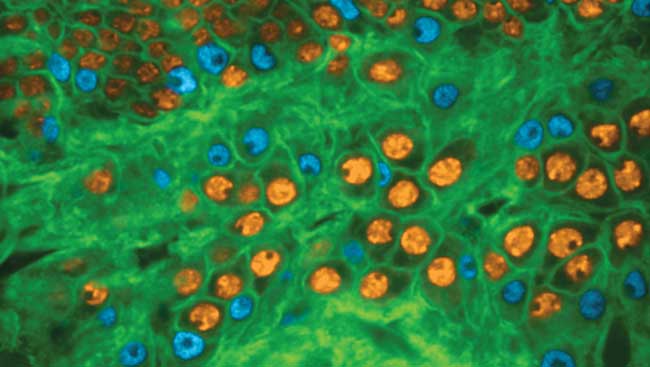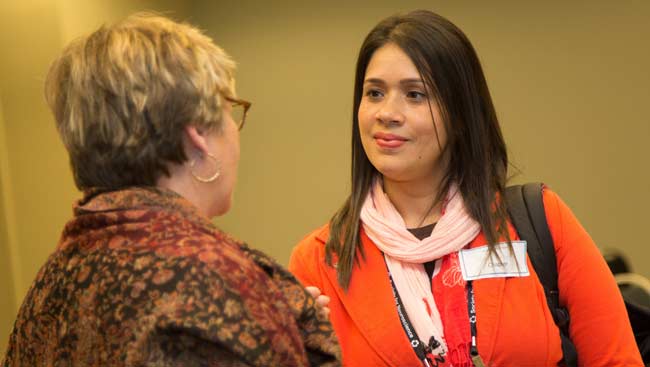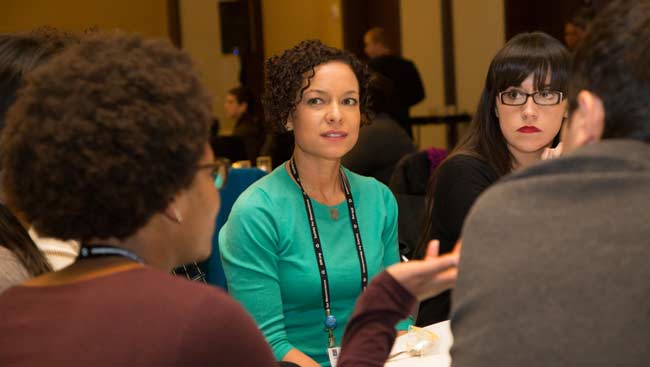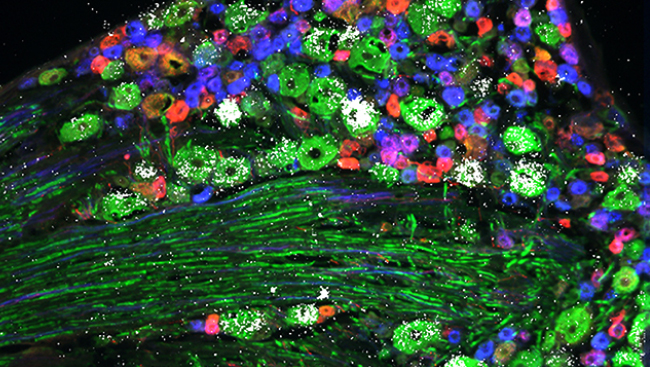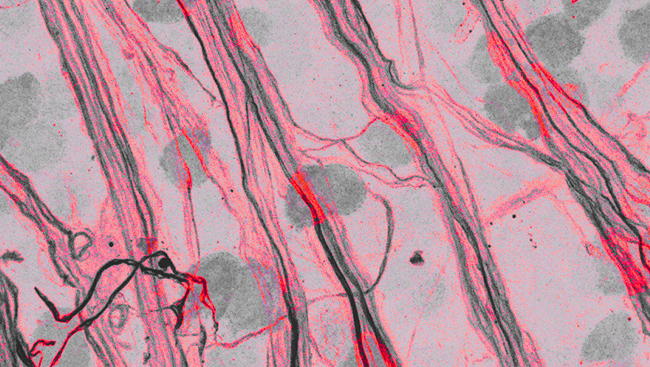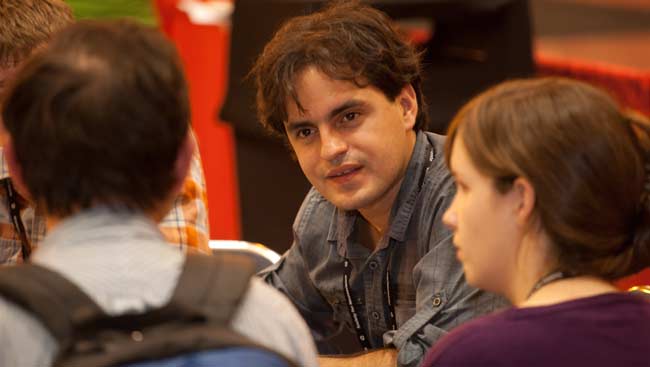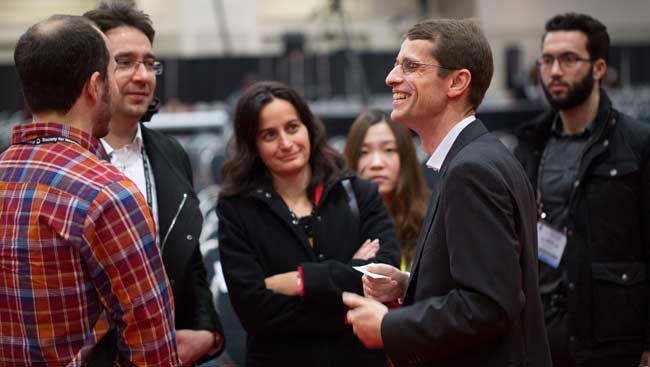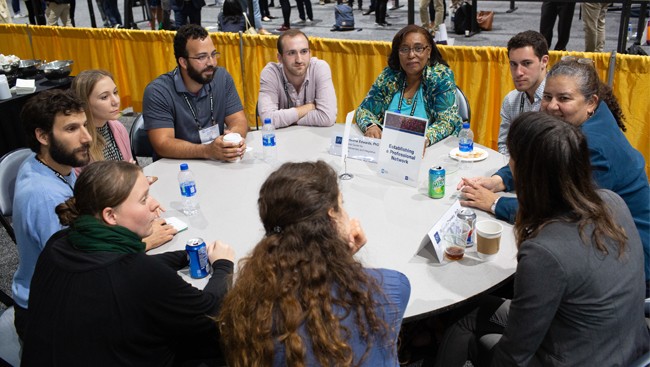Professional Development
Develop skills to help you advance in your career through resources on science communication, collaborations, lab management, grants, mentoring, networking, work-life balance, and more, developed for scientists at all career stages.
Filter
Refine by
432 - 444 of 501
-
May 29, 2015
-
May 29, 2015
-
May 20, 2015
-
June 03, 2015 1:00 PM - 2:00 PM
-
May 15, 2015
-
May 15, 2015
-
May 15, 2015
-
May 08, 2015
-
May 08, 2015
-
May 08, 2015
-
May 08, 2015
Neuronline's vast collection of professional development and training resources offers guidance for people at all career stages with diverse interests and responsibilities.

